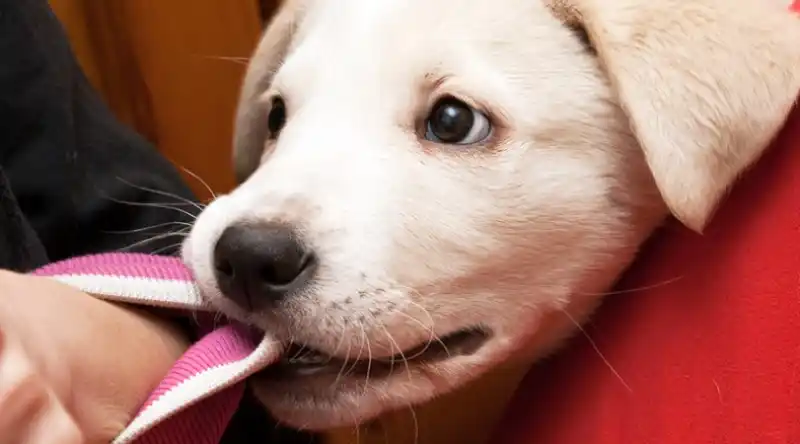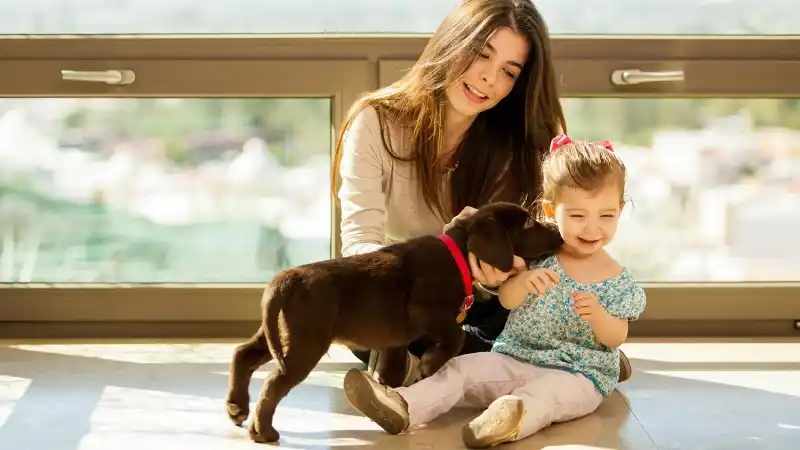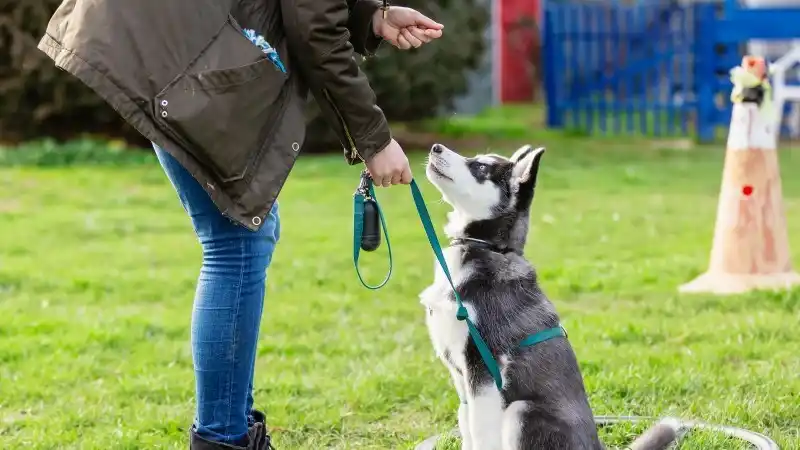Behavioral Issues in Dogs as We Return to Work
Returning to work might affect our dogs more than it affects us. Here are 7 tips for dealing with behavioral issues in dogs when we return to the office.
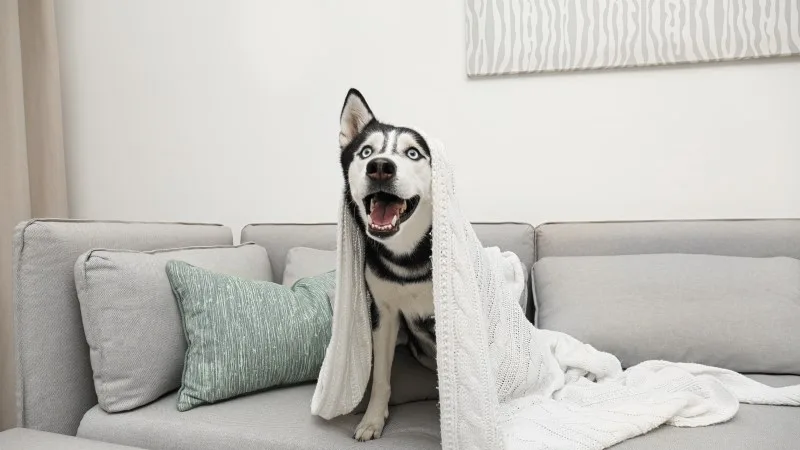
The COVID-19 pandemic has meant major changes for many of us, including having to work from home. For dog owners, that's often meant our furry friends have had a constant companion during the day. But as we start to return to more traditional workplaces, our dogs may start to experience some behavioral issues.
In this article, we'll discuss some of the most common behavioral issues that dogs experience when their humans are gone all day. We'll also provide some practical tips on how to deal with these problems.
Why Do Dogs Experience Behavioral Issues when Left Alone?
One of the biggest reasons that dogs may start to experience behavioral issues when their owners go back to work is because they simply don't understand what's happening. For many dogs, having their human around all day has become the new normal, so when that changes, it can be confusing and upsetting.
Another reason for behavioral issues is that dogs can sense when their owners are stressed. If you're feeling anxious about returning to work, your dog is likely to pick up on that and may start exhibiting signs of stress themselves.
Separation anxiety is a very common issue that occurs when dogs are left alone all day. Dogs with separation anxiety are unable to find comfort when left on their own. This can lead to a whole host of problems, including destructive behaviors, barking, and accidents in the house.
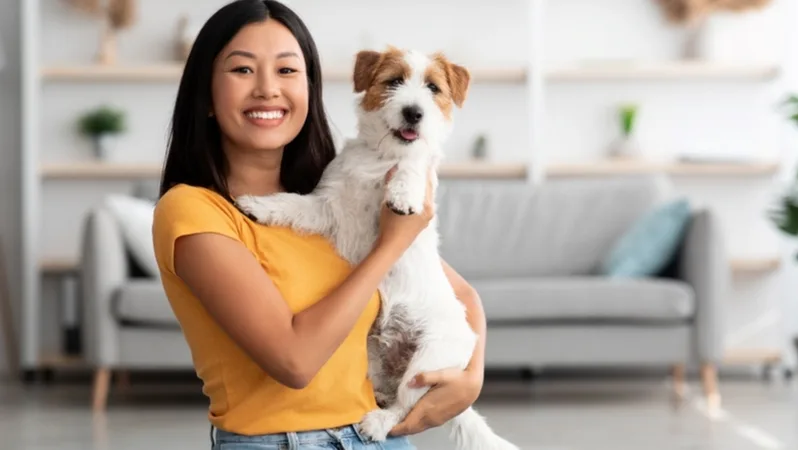
Every Dog and Cat Deserves the Pet Insurance of Champions
Get prize-winning care for your pets.
Common Behavioral Issues in Dogs
There are a number of common behavioral issues that dogs may start to experience when their owners go back to work. These include:
**Barking.**Dogs may start to bark excessively when left alone. This can be due to boredom, anxiety, or a desire to self-soothe.
**Pacing.**Some dogs may start pacing back and forth when left alone, which is often a sign of agitation.
**Cowering.**If your dog is cowering in a corner or hiding under furniture, it's a clear sign that they're feeling scared or anxious.
**Changes in appetite.**A dog's appetite can change when they're left alone all day. Some may stop eating altogether, while others may start to overeat.
**Urinating and defecating in the house.**This is one of the most common behavioral issues in dogs. It can be caused by several factors, including stress, anxiety, and a change in routine.
**Destructive behavior.**Dogs may start to chew on furniture or other household items when left alone. This is often a sign of boredom or anxiety.
If your dog displays any of these behaviors when left alone, it's important to address them early on before they escalate into a more serious problem.
7 Tips for Dealing with Behavioral Issues in Dogs
Thankfully, there are several things you can do to help your dog adjust to being left alone all day and prevent the development of serious behavioral issues.
Here are our top 7 tips:
1. Exercise
One of the best ways to prevent behavioral issues in dogs is to make sure they get plenty of exercise. A tired dog is a happy dog, and a dog that has had a chance to burn off some energy is much less likely to become anxious or destructive when left alone.
2. Physical Contact and Massage
Another great way to help your dog adjust to being alone is by providing them with a lot of physical contact and massage when you're around. Petting, snuggling, and cuddling are all effective ways to help soothe your dog's anxiety and ensure that they don't become overly stressed out when left alone.
3. Music and TV
Playing music or leaving the TV on can also be a great way to keep your dog company while you're gone. Certain types of music, such as classical, are known for their calming and relaxing effects, so this may be a good choice if your dog struggles with stress when left alone.
4. Quiet Space
It's also important to create a quiet space for your dog to relax in when you're not around. This could be their crate, a bed in a quiet room, or even just a spot on the couch. Add some blankets and pillows to make it extra cozy and don't forget some of your dog's favorite toys to keep them entertained.
5. Puzzle Toys
Speaking of toys, puzzle toys are a great way to keep your dog's mind active and engaged when you're not around. These toys are designed to challenge your dog and keep them mentally stimulated, which can help prevent boredom and destructive behaviors.
6. Supplements
If your dog struggles with behavioral issues, you might also want to consider using supplements. There are a number of supplements for dogs that contain ingredients known to help reduce anxiety, such as melatonin, thiamin, chamomile, and L-tryptophan. Just make sure to consult with your veterinarian before using any new supplements with your dog.
7. Training
Our final tip is to make sure your dog has a good foundation of training. This will help them to understand what is expected of them when you're not around and give them the confidence they need to be left alone. If you're not sure where to start, there are plenty of resources available online or you can even hire a professional trainer.
Give Your Dog the Support They Need
Overall, if you're concerned about your dog's behavioral issues as you return to work, just remember that there are plenty of things you can do to help them adjust and feel more comfortable. With a little time, effort, and love, you can help your furry friend through the transition and prevent any serious behavioral problems from developing.
Pet insurance is a great way to keep your pup healthy. Get a dog insurance quote from AKC Pet Insurance today (underwritten by Independence American Insurance Company) and prepare for unexpected accidents, illnesses, and much more.

Every Dog and Cat Deserves the Pet Insurance of Champions
Get prize-winning care for your pets.

Richard has shared his life with pets since childhood, and currently has a rescue cat and dog. He works with veterinarians and pet businesses to improve their content. To find out more, please visit his [website](https://richardrowlands.com/).
READ MORE ARTICLES